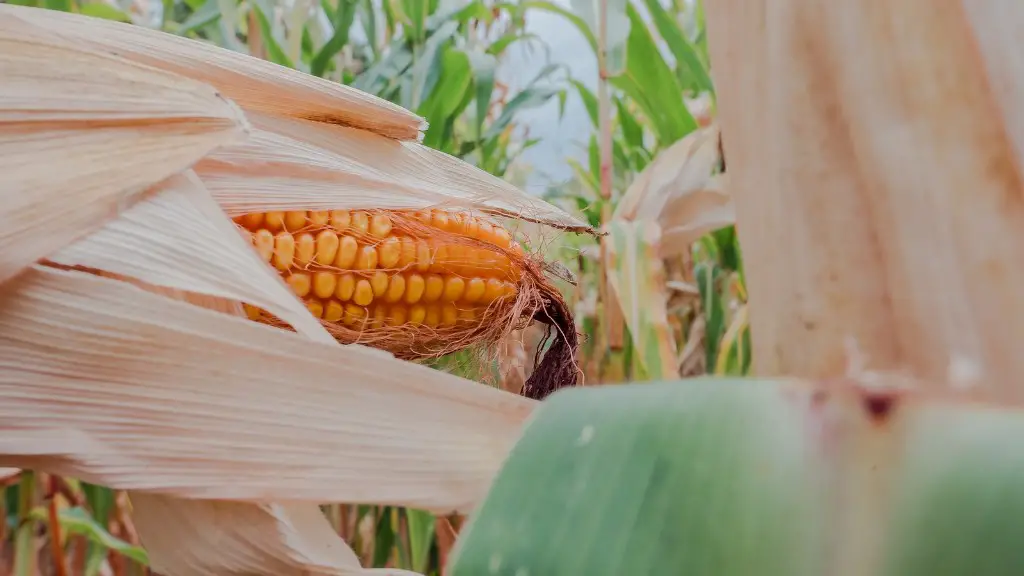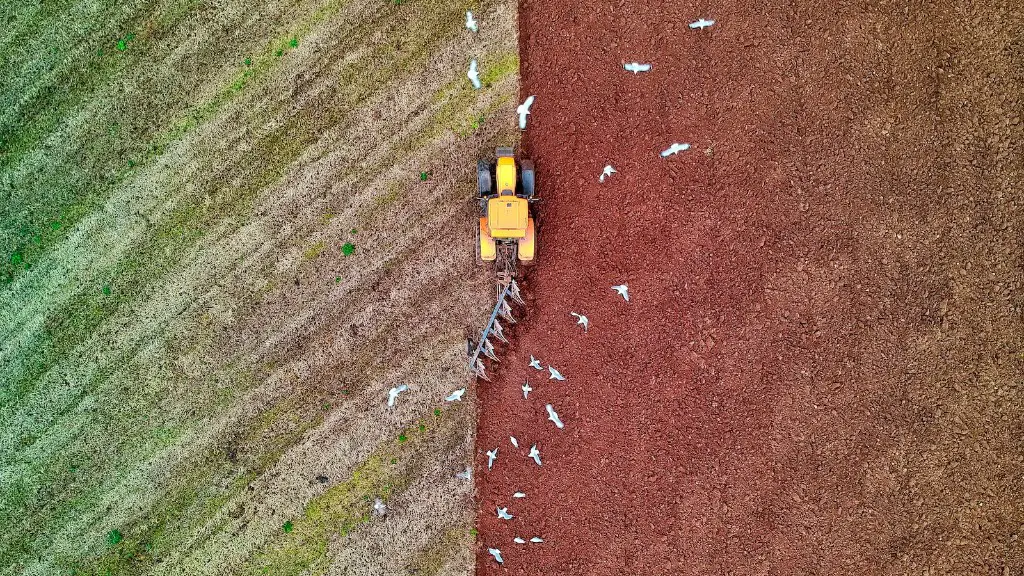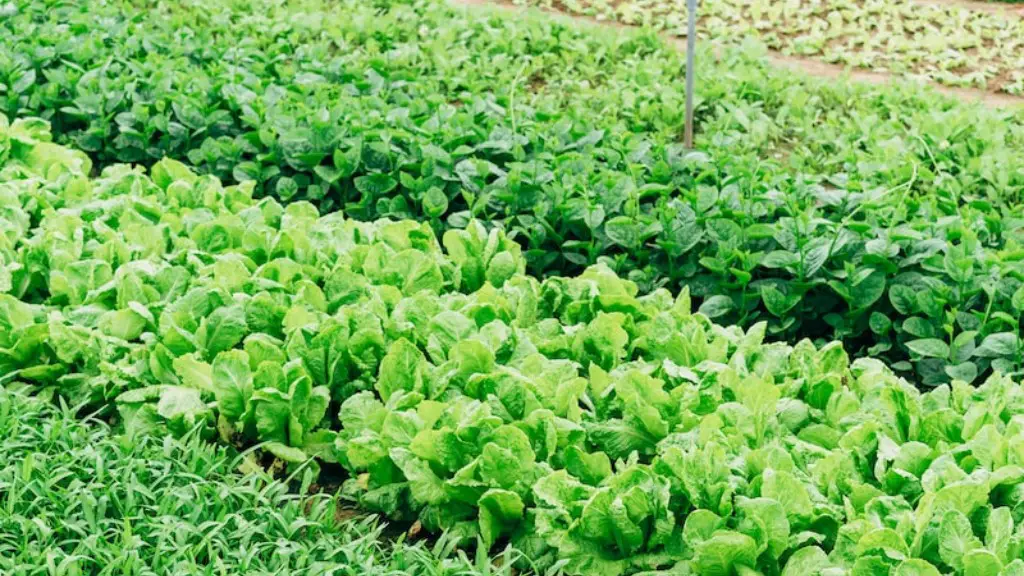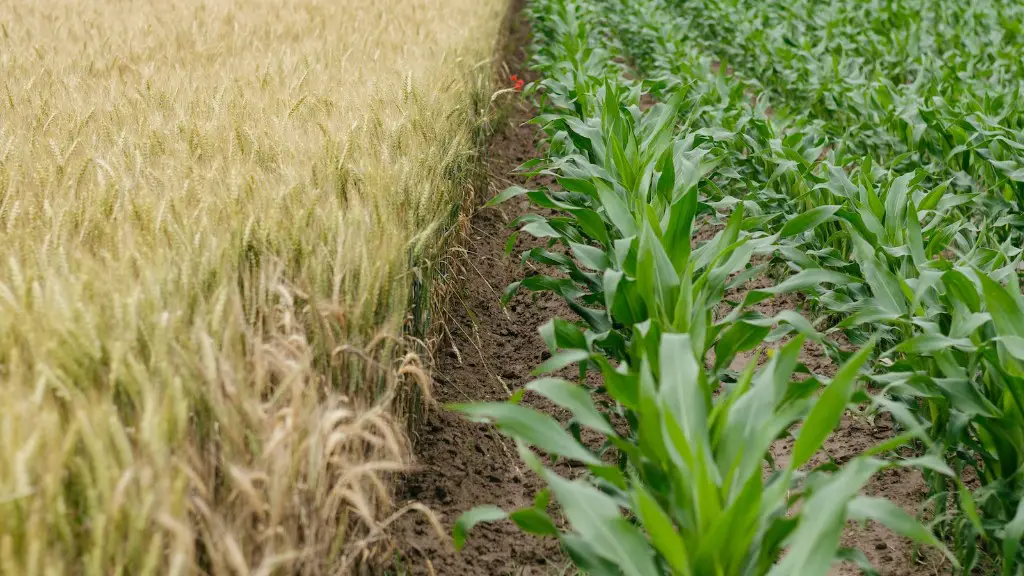Agriculture business is a rewarding venture that requires a great deal of knowledge, skill, and dedication. With the right strategies, you can build a successful agricultural business that yields high-quality products and prolific profit margins. This article will provide you with some tips for setting up and running an agricultural business.
To begin, you must identify and research your target market. It will help to research the demographics of those likely to buy your products and services, as well as their buying habits and preferences. You should also consider the needs of your potential customers in terms of quantity and quality.
Next, you will need to create a comprehensive business plan. You should include details such as your financial goals, target audience, budget, and marketing strategy. Additionally, you should create a timeline and schedule to track your progress.
After going through the planning phase, you could begin to look for land. Here, you should look for land that is suitable for your business and has potential for growth. This includes factors such as size, soil quality, water supply, and climate.
Of course, you will need to prepare the land for your business. This may involve crop rotation, soil cultivation, planting, irrigation setup, and harvesting. You will also need to research the best fertilizers and pest control methods.
Finally, you should look into marketing and selling your products. You could find local buyers or try to reach out to more distant markets. Additionally, you should consider creating an online presence and developing an effective advertising campaign.
These are just a few tips for starting an agriculture business. As you can see, it takes a great deal of knowledge, skill, and commitment in order to create and manage a successful agricultural business. With the right strategies, however, you can become a successful agricultural entrepreneur.
Finance and Funding
Finance and funding are essential for any type of business, and this is also true for an agricultural business. You should research various funding options, such as loans, grants, and venture capital, to determine which one is best for your company. Additionally, you should create a budget that can help you manage and plan your finances.
It is also important to consider the potential risks associated with your business. You should factor in the cost of potential damage to your crops, as well as losses due to price drops or unexpected weather conditions. Creating a realistic budget and financial plan can help you identify and mitigate these risks.
Furthermore, keep in mind that you will also need to properly manage your taxes. As such, you should look into the various tax deductions and credits that are available to agricultural businesses. This can help you save money and maximize your profits.
It is important to create a comprehensive financial plan for your agricultural business. This should help you identify potential sources of finance, manage your funds, and reduce the risk of financial losses.
Communication and Collaboration
Effective communication and collaboration are key components of any successful business venture. When it comes to agricultural business, it is important to establish meaningful relationships with various stakeholders, including farmers, distributors, and customers.
For instance, you should collaborate with local farmers to ensure that your products and services are of the highest quality. It is also important to establish a reliable distribution network. This may involve working with wholesalers and retailers to ensure that your products are available in the right places.
Of course, customer relations are also important. You should make sure that your customers are satisfied with your products and services. You may also need to establish an after-sales service system to address any queries or problems.
Overall, effective communication and collaboration can help you establish a successful agricultural business. It is important to create meaningful relationships with key stakeholders and ensure that your products and services meet customer expectations.
Safety and Standards
When running an agricultural business, it is important to prioritize safety and ensure that all necessary standards are met. This means that you should comply with various regulations, such as food safety and labor regulations. Additionally, you should strive to adhere to sustainable agriculture practices.
You should also look into ways to minimize the risk of accidents and injuries. This could involve providing protective gear for employees and investing in safety training. Additionally, you should create an emergency plan that outlines how to respond in the event of an accident or natural disaster.
Furthermore, you should create a quality control system to ensure the safety of your products. This may involve checking the quality of raw materials, inspecting products at various stages of production, and testing finished products.
Finally, you should also strive to create a safe and healthy working environment. This may involve providing appropriate PPE, setting up proper ventilation and sanitation, and ensuring access to clean drinking water.
Safety and standards are essential for any type of business, and this is true for an agricultural business. It is important to comply with various regulations and prioritize safety in order to ensure the quality of your products and the wellbeing of your employees.
Technology and Automation
In an ever-evolving world, it is important for agricultural business owners to stay up-to-date with the latest technologies and trends. This could involve investing in automation, such as robotic harvesters, to improve productivity and reduce labor costs. Additionally, you could explore the use of artificial intelligence in crop optimization and pest control.
It is also important to stay up to date with other technologies, such as GPS and internet of things. These can be beneficial in many ways, such as helping with decision-making and optimizing supply chain efficiency. You could also look into cloud-based solutions to manage data and optimize production processes.
Furthermore, you should look into ways to use technology to engage customers and increase profits. This may involve creating an online store, developing an effective marketing strategy, or creating an app that allows customers to track their orders in real-time.
Overall, technology can be a powerful tool for any agricultural business. It is important to stay up-to-date with the latest technologies and trends in order to maximize productivity and profitability.
Marketing and Branding
When it comes to agricultural businesses, marketing and branding are essential components of success. This includes having a clear understanding of your target audience and creating an effective advertising campaign.
Additionally, you should invest in a strong brand identity. This could involve creating a logo, designing packaging materials, and developing an appropriate tone of voice. These can be used to create a recognizable and memorable brand.
Furthermore, you should look into ways to use digital marketing to reach a larger audience. This may involve using social media, running online ads, or creating content for your website.
Finally, you should also seek out various partnerships and collaborations. For instance, you could work with local retailers or join industry organizations. This could help you reach larger audiences and increase your profits.
Marketing and branding are essential for any type of business, and this is also true for an agricultural business. It is important to invest in a strong brand identity and explore various marketing strategies in order to increase visibility and reach larger markets.





